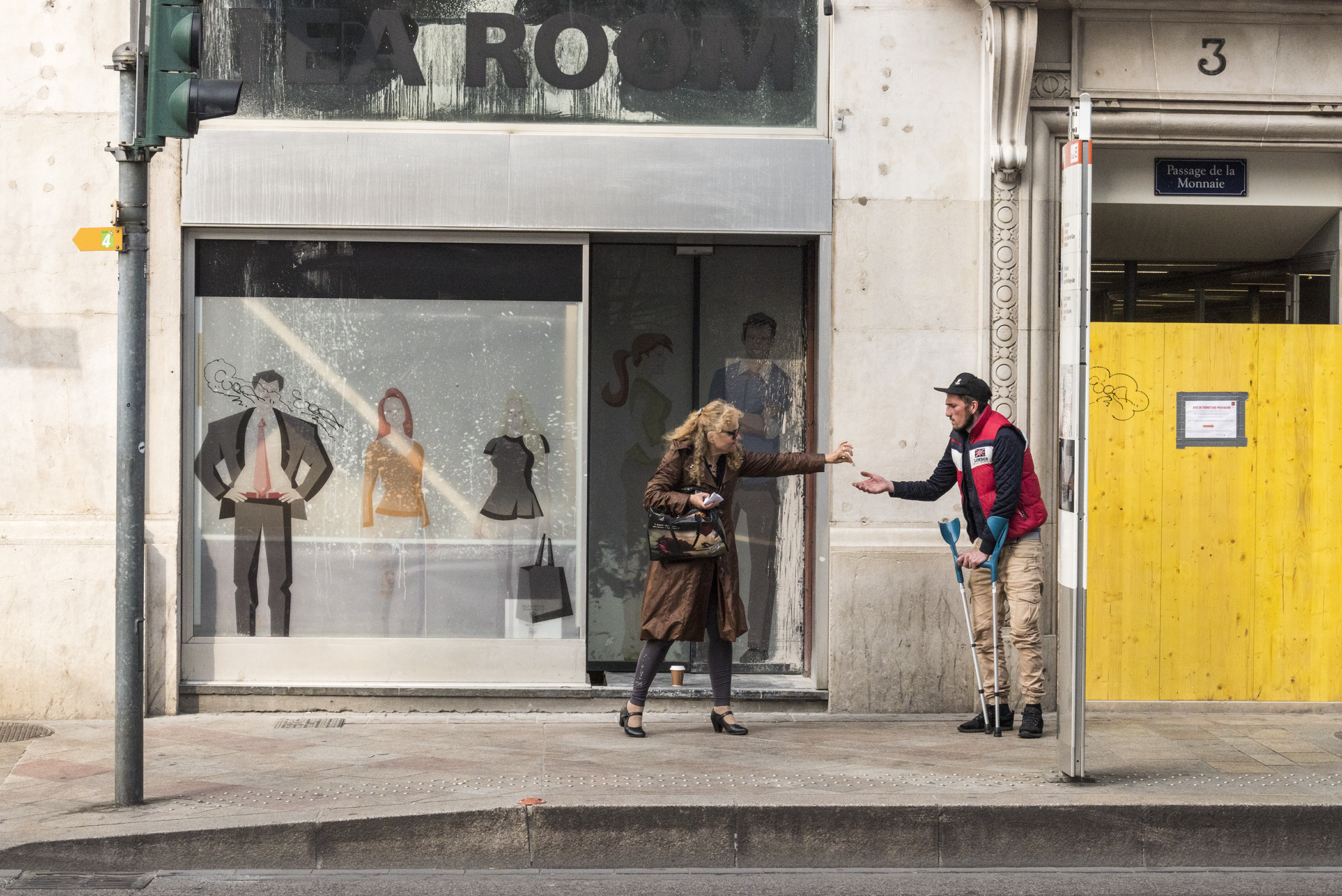Covid-19: How to report on a moving target
How should the media report the pandemic? How can we help the public make informed decisions when there are so many unknowns? Even the world’s leading health officials admit they are still learning about Covid 19, so how are we mere journalists supposed to come up with definitive answers?
Last week I watched my colleagues in Washington endure verbal and physical abuse from crowds of Trump supporters storming the Capitol. Journalists were beaten with flag poles, their cameras seized and smashed, “Murder the Media” was daubed on walls.
What caused this fury? The mob in Washington have been listening to their president for four years, raging about “fake news”. He told them journalists were liars, he told them he had actually won the election, he hinted, for a while at least, that Covid 19 was not really serious, even that it might not exist at all.
Shooting the messenger is not a new phenomenon, but the tendency to simply dismiss unwelcome news stories as “lies” is an increasingly popular strategy among some political leaders. It makes our job all the harder, and, as we saw in Washington, it can even put us at serious risk.
Sign up! The latest updates from International Geneva – in your inbox
Today’s headline: ‘I don’t know’
All the more complicated then, to be plunged into reporting a brand new virus, a deadly one for some, which within weeks became a pandemic, destabilizing governments, shattering economies, and sending most of us, shocked, into lockdown.
As journalists we understand it is our job to report the facts, even when they are frightening, even if they are unpopular. Having the public’s trust helps us do that, but the complaints of “fake news” have undermined that trust right at a moment when people are hungry for objectively reported facts.
But at the start of the pandemic there seemed to be few real facts. I remember, in early January 2020, preparing a report on a new virus the WHO had told us about in China. Back then it wasn’t even called Covid 19. My editors peppered me with questions: how did this virus spread? Exactly how infectious was it? How seriously ill did those infected become?
I had no definitive answer to those questions, neither did the WHO scientists at the time. One year on, this week’s Inside Geneva podcast takes a look at what’s it been like to report the pandemic. I’m joined by my swissinfo.ch colleagues Jessica Pluess-Davis and Julia Crawford, together with analyst Daniel Warner.
As Daniel points out “most journalists are not doctors”, nevertheless we are paid to read and understand statistics, to spot the question that has not been answered, and to evaluate situations, even highly complicated ones, based on the evidence at hand, and the advice of experts.
Lack of transparency
Jessica remembers that at the start of the pandemic she sensed a “lack of transparency”. She cites the example of testing: in Switzerland: we were at first advised not to seek a test unless we felt seriously ill. As it turned out, this was because of a lack of testing materials, not because it was the best infectious disease control policy.
The same was partly true with the advice on masks; the WHO initially told us they were beneficial for health workers treating Covid patients, and for the patients themselves, but not really for the rest of us. Behind that advice lay a desire for sensible allocation of scarce resources; for months there was a global shortage of masks.
Vaccine confusion
Now we have disputes over the vaccine. As Julia Crawford explains in our podcast, she was quite shocked to learn that the UK, battling against a huge surge of cases, was considering delaying the booster shot of the Pfizer vaccine by 12 weeks, rather than the recommended three, in order to use existing supplies to vaccinate as many people as possible at least once.
As she points out, no trials were ever done to see how efficient that particular vaccine might be when the booster was administered after 12 weeks.
That’s why here in Switzerland, where demand for vaccines is also outstripping supply, the Federal Commission on Vaccines (EKIF) rejected such a delay, saying Swiss approval and use of the Pfizer vaccine could only be based on hard evidence.
And yet, one day later, Switzerland’s Covid 19 taskforce suggested a delay might be a good idea, again, to give some immunity at least to as many people as possible.
Two groups of highly respected experts telling us different things, in the middle of a public health crisis. How do journalists report something like that? The instinct is always to return to the facts. The fact is there is no evidence to show a 12-week delay would work – and there’s no evidence to show it wouldn’t, because no trials were ever done.
But there is also the fact that scientists have learned over time that some vaccines work perfectly well if a booster is delayed, or even not administered at all. We won’t actually know that about any of the Covid vaccines for years, but that’s the reason some experts back a delay.
Steep learning curve
Perhaps what we need to accept is that the last 12 months have been a steep learning curve for all of us. It will likely be years before the full picture of Covid 19 can be seen – from the infection rate, to its severity, and even the number of lives it has claimed, there is a mass of data to be analysed.
Since the start of the pandemic, the WHO, governments, and the world’s best epidemiologists, have all been learning about the virus. It’s not just journalists who have sometimes had to say “we don’t know”. Sometimes it really is the most honest answer. It may not be popular, but at least it’s not “fake”.

More
How is International Geneva shaping up?

In compliance with the JTI standards
More: SWI swissinfo.ch certified by the Journalism Trust Initiative


You can find an overview of ongoing debates with our journalists here . Please join us!
If you want to start a conversation about a topic raised in this article or want to report factual errors, email us at english@swissinfo.ch.